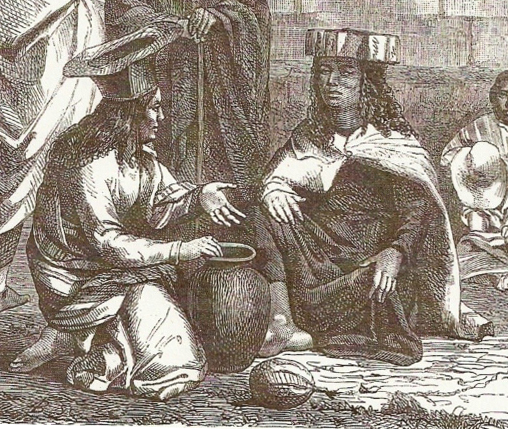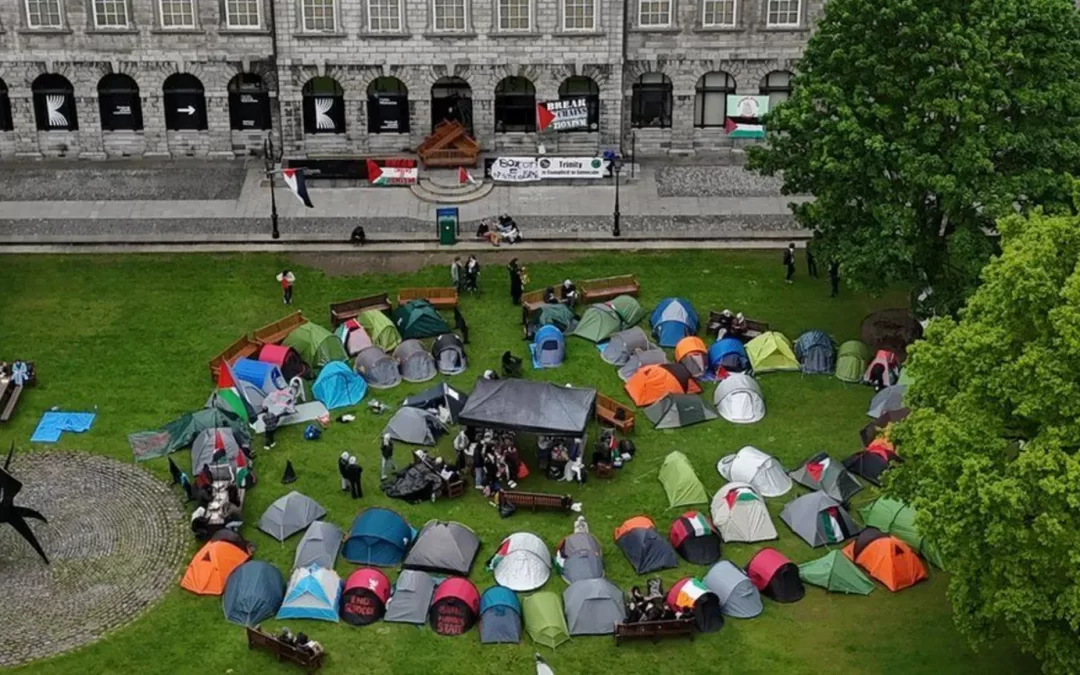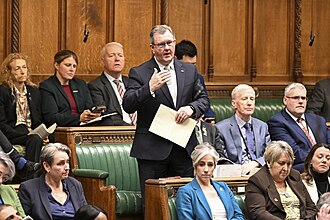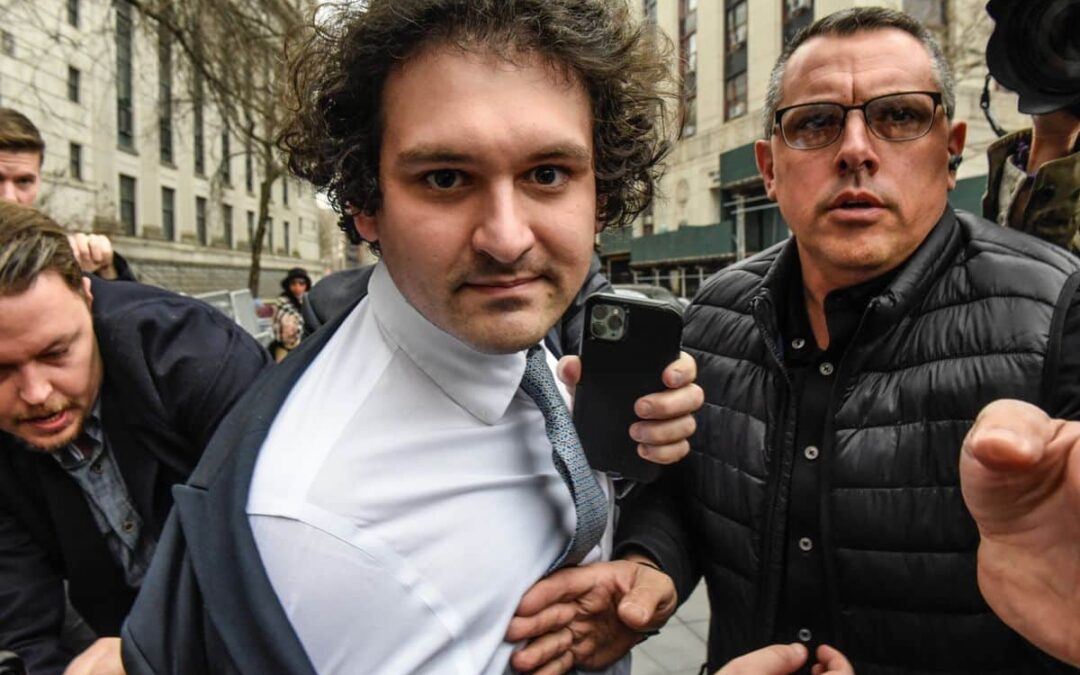
Kunza!
Kunza!
Every now and then, I have an exciting story about the revival of a certain minor language that is barely alive. Today I have a story about the revival of the indigenous minority language in the Atacama Desert - a minority language that according to UNESCO became extinct around 1949 when it was thought that not even one person could speak it.
Kunza
There is a funny sketch in the old movie 'Monty Python and the Holy Grail'. One man is carrying a poor man on his shoulders, trying to put him on a cart that is collecting the dead during the Great Plague in Britain. But the poor man is still alive, and he says "I am not dead!" That's a famous line in the movie.
When I heard about the 'Kunza' minority tongue, I was reminded of that line. Because it is the same story in relation to Kunza. Kunza was pronounced dead but was barely alive. There are still Kunza speakers, and now they are trying to revive the language.
The Spanish Empire
Ilia Reyes-Aimani is a Kunza speaker who wants to keep the language alive. She has composed songs to teach children colors and numbers. She is a member of the Atacameño tribe - a tribe that has overcame every challenges down through the centuries. The tribe lives in the Atacama Desert - one of the driest places on earth. The salt flats, gorges and oases have been under the control of the Atacameño for more than 11,000 years. But with the arrival of the Spanish in the 17th century, great pressure was put on their culture and language and gradually that situation worsened. That is a story we know very well, when an empire oppresses a subservient race, trying to destroy its language and culture, and to civilize the Natives. Does that remind you of anything – the Irish people and the British Empire, perhaps? For the first time, in 1993, Chile recognized the country's Aboriginal people, with the Indigenous Peoples Act.
Mandatory Subject in school
Since 2017, every school in Chile attended by more than 20% native students has a legal obligation to teach a native language. In one school in Kalama, a mining town located in an oasis in the desert, Kunza is taught to students up to the age of twelve. Melissa Arenas Alabena, the principal of the school, says that Kunza is on par with any other subject in the school, and that she is proud that the students of the school are learning Kunza.
Thomas Finke
Thomas Finke is teaching Kunza in that school. He grew up speaking both Spanish and Kunza. When he himself was a student at school, his teachers used to worry because he would use words and phrases that they did not understand. They did not know that he was speaking Kunza! Even on the edge of the desert, the natives are able to practice sustainable agriculture, including Thomas Finke. He is using an irrigation system, with irrigation channels directing water from a small stream down through gates into a few enclosed fields where maize is intensively cultivated. He also has a greenhouse, where carrots, tomatoes and beets grow. He does not accept UNESCO's assessment that the Kunza language is dead. We are not dead, our culture is not dead and our language is not dead, he says – and he himself is a prime example of that fact. He is extremely positive that he will be able to help revive the language, but at the same time he accepts that it will be very challenging to do so. Tomás is putting words into action, however, as he is about to launch an online course for those who want to learn Kunza.
Celine Navadas
The evidence on the plains suggests that Thomas is right and that Kunza is still alive. Every year in October, the men clean the irrigation channels to the accompaniment of songs in Kunza sung by the women. It is an ancient ritual called 'Talator'. Now in her seventies, Celine Navadas started participating in this annual ceremony more than half a century ago, and she still hasn't stopped!
Conclusion
As the old saying goes: Where there’s a will there’s a way! We wish the Atacameño all the best in their efforts to revive their native language – no more than ourselves!










